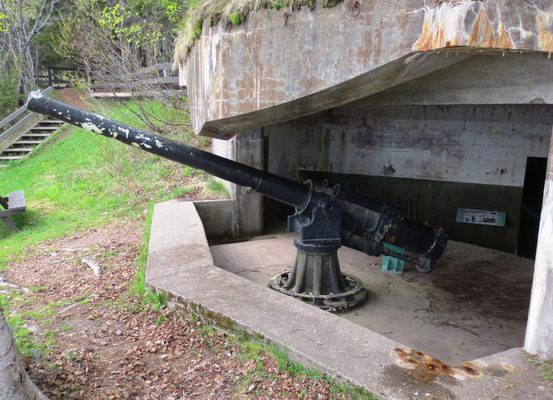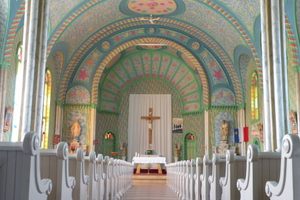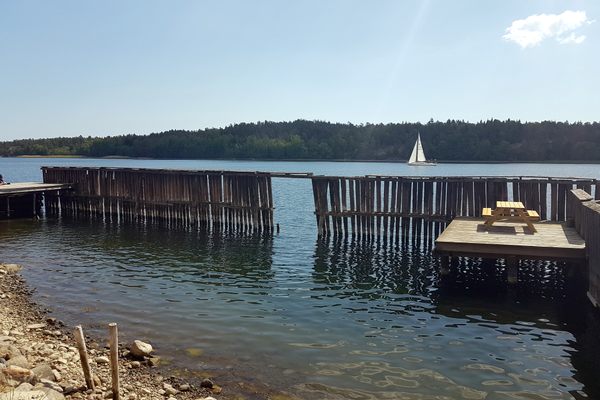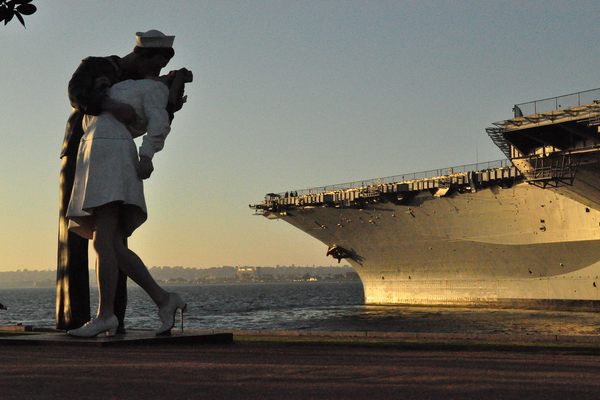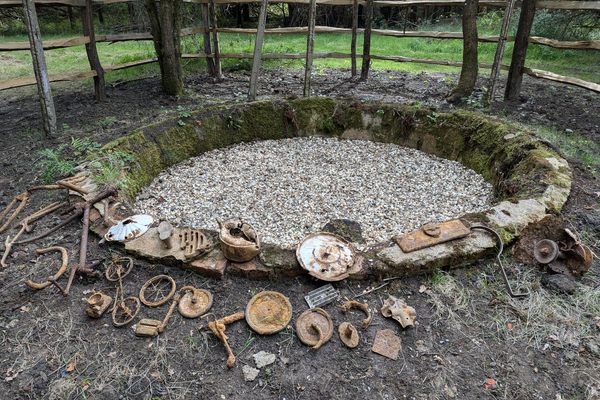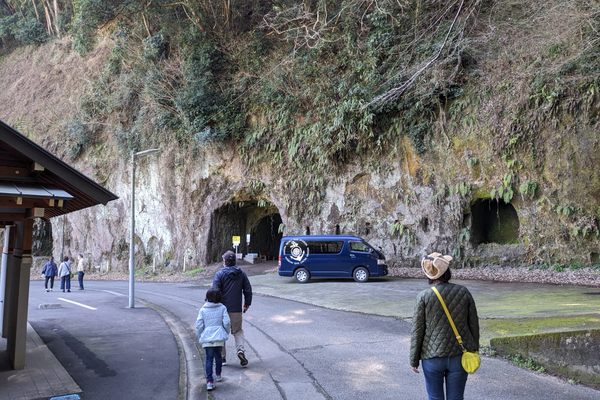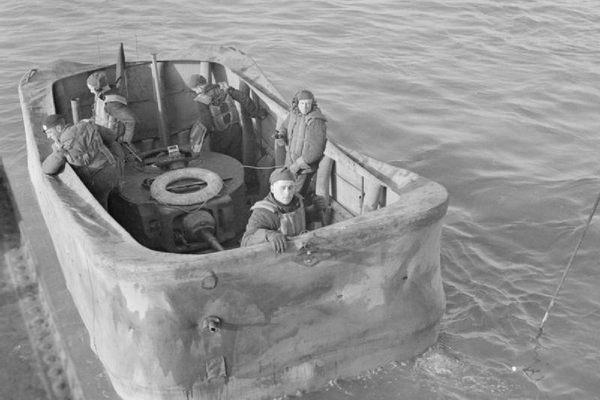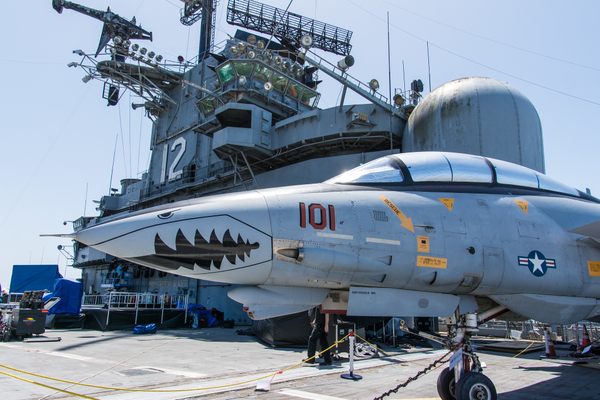About
You don't exactly think of quaint Canadian fishing towns as a theater of war. But Fort Péninsule (Peninsula Fort), strategically at the mouth of the Saint Lawrence River, played a critical role in the defense of Allied shipping convoys and winning the Battle of the Atlantic during World War II.
As early as 1941, German U-Boats had been spotted off the coast of Newfoundland and Nova Scotia. It was just a matter of time before they found their way around the Gulf of Saint Lawrence and started meddling with critical shipping routes.
Plans had to be made for the defense of the ships based at nearby HMCS Fort Ramsay, and Gaspé Bay was a perfect location: a natural deep-water harbor, considered one of the finest ship havens in North America, with a narrow entrance in which an anti-submarine net could easily be installed.
The Gaspé naval complex was officially inaugurated on May 1, 1942, and included Fort Ramsay along with three coastal batteries, including Fort Péninsule on the north shore. Just a week later, the first U-boats were spotted in the Gulf of Saint Lawrence.
From 1942 to 1944, 23 ships were sunk in what later became known as the Battle of the Saint Lawrence, including five convoy ships on September 15, 1942, alone. By 1944, the tides had changed in favor of the Allies, rendering the Gaspé complex mostly useless. Starting October of that year the installations were being dismantled. Fort Péninsule is one of the last remaining traces of this episode of World War II history, now located inside Forillon National Park, accessible from its south entrance. There, you can visit some restored tunnels and battlements, as well as two remaining QF 4.7-inch B Mark IV guns, still in their original concrete bunkers.
Entry is free. Picnic tables are available on-site, for those looking for a lunch break in proximity to history.
Related Tags
Community Contributors
Added By
Published
May 20, 2020
